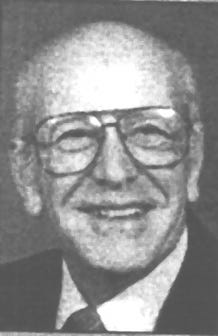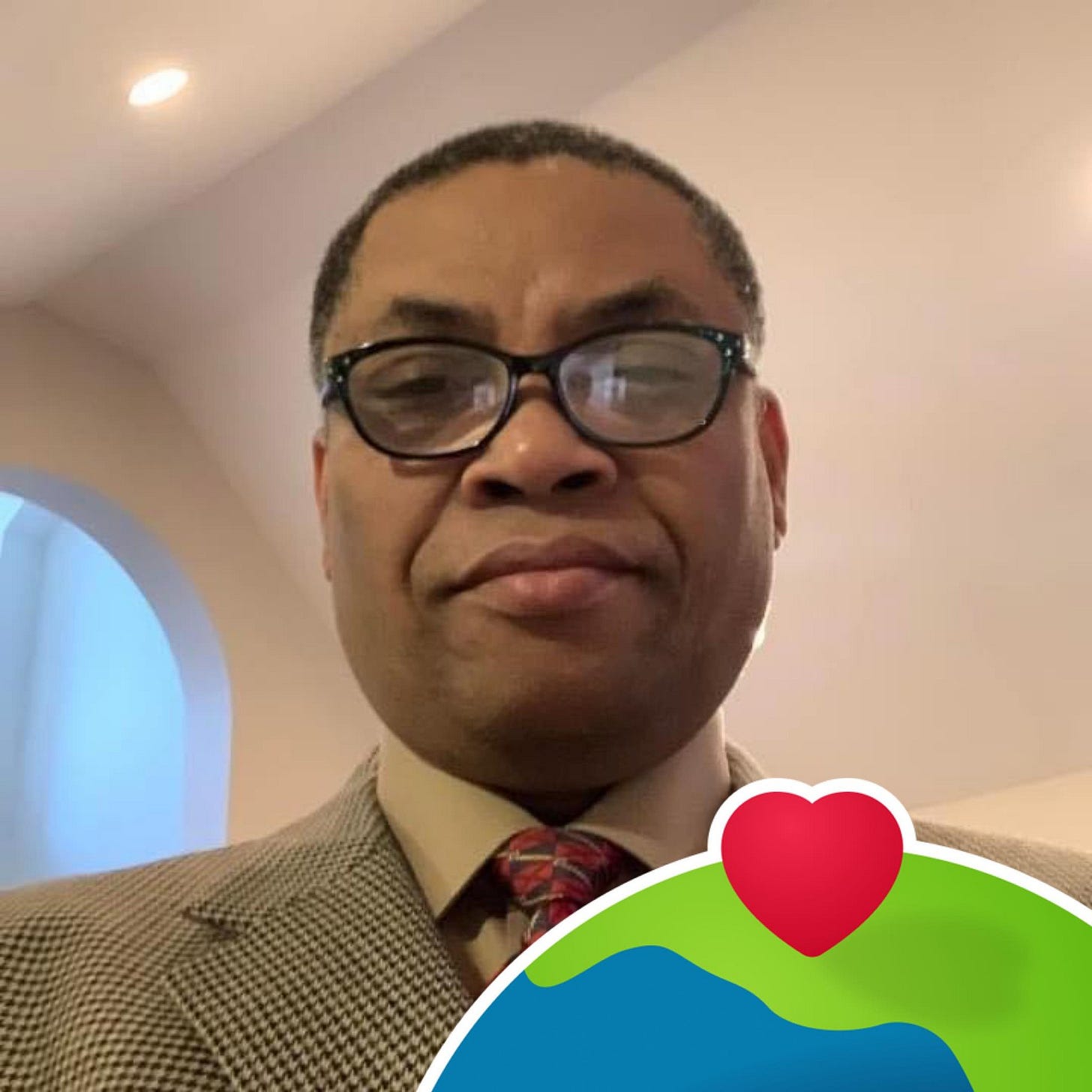A Seminary Friend, A Church Planting Competition, An Earthquake, and a New Congregation
What do all of these have in common?
A Seminary Friend, A Church Planting Competition, An Earthquake, and a New Congregation
Amos Eugene of Haiti became a friend my first year in seminary—1971-72. We were on the same hall in a single men’s dorm. Perhaps we had a class or two together that first year, but I do not remember.
We often engaged in dialogue about personal, theological, and ministry matters. I enjoyed our relationship. My lasting image is him stopping by my room to talk.
Our second year I was married, living elsewhere on campus and did not see him as much. By our third year, my wife and I were living in the inner city of Louisville next door to the church where I was pastor.
When Amos completed his Master of Divinity degree, he moved back to Haiti to serve as a pastor. Later he was director of the Haitian Baptist Mission for a short period. Then he came to south Florida where he planted a church and was their pastor for 30 years.
After seminary, I had no contact with him until about seven to nine years ago. I received a telephone call from him. He looked me up and wanted to talk. No real agenda. Just to reconnect after 40 years.
Later I tried to contact him when we started a Haitian congregation in Columbia, SC. I was unable to do so.
Information on the Internet indicates he died in 2021. That was the time I was trying to talk with him.
Milton Leach was a language catalytic missionary for the former Home Mission Board of the Southern Baptist Convention in south Florida in the late 1970s and early 1980s.
It was during a time I was launching the Mega Focus Cities emphasis of the Home Mission Board. Miami was in the pilot round.
Traveling to south Florida and missions meetings in other places allowed me to get to know Milton. One of the emphases of Mega Focus Cities was planting churches.
In South Florida, Milton was the missionary who helped launch non-English language congregations. Another missionary focused on congregations in predominately White and Black communities.
We always had a great relationship. Doing Great Commission missionary work was inspiring and also fun. We often kidded one another about various aspects of the ministry.
Milton and the other missionary started a friendly competition to see who could support the starting of the most congregations. When I heard about it, the next time I saw the two of them together, I said to Milton, “This is an unfair competition. You will win. All you have to do is find the new Haitian immigrant congregations which are popping up all over the place and claim them!”
He smiled.
It was a time of significant Haitian immigration into south Florida from a country of great political disruption, violence, economic distress, and earthquakes.
Haiti Earthquake: January 12, 2010 a major earthquake occurred in Haiti. Ultimately more than 250,000 people lost their lives and more than five million residences were destroyed.
I was on my way home from a meeting I led as the General Secretary (read as executive director) of the North American Baptist Fellowship of the Baptist World Alliance. Correlating disaster response by member Baptist groups was one of the roles of this Fellowship.
When my flight arrived in Atlanta, I had multiple voice mail messages from several member denominations asking what we planned to do.
Within hours we began putting together a plan. In only 30 hours after the earthquake one of our member groups had their first team in Haiti. They had flown to the Dominican Republic and driven into Haiti.
Months of correlation activities produced significant assistance for various Haitian communities. We were, of course, only one of many response groups from around the world. As Baptists, we made a very significant contribution.
The earthquake resulted in thousands of Haitians immigrating into the USA.
Adony Seizeme is the bivocational pastor of a Haitian Baptist congregation in Upstate South Carolina. His network among Haitians indicated the desire to have a Haitian Baptist congregation in the Midlands.
I was serving a five-year term for Baptists with a family of congregations in the Midlands. I worked with state leadership and Adony to find a location for them to gather. We sought to provide support services for launching the new congregation.
A congregation in the network of our association asked for the privilege of hosting the Haitian congregation. It was the only offer we had. We accepted.
It was difficult to get them to understand how to fully host a new congregation. How to support them spiritually, with hospitality, with financial resources, and with volunteers. It did not last long.
The Haitian congregation met on Sunday afternoons. At least a third of the time the doors were locked, and they could not get it. The host church did not trust the Haitians with a key and the combination to their security system.
We looked for another host. It was amazing to me the lack of Great Commission passion by congregations for a group with different needs and expectations than the existing congregations had for themselves.
One church was in a great location for the Haitian congregation. They also had space that could be used by multiple congregations—even at the same time. Facilities and parking were abundant.
They ultimately agreed to host the congregation.
Even with them, we ran into a barrier. When we needed to flow some support money through the host church to provide financial support for the Haitian congregation, they had strict policies they would not bend.
I was appalled and frustrated at the lack of missional innovation. The inescapable conclusion was that even this congregation might treat the Haitians as second-class citizens.
It took many months, but finally there was a breakthrough. Now this congregation hosts multiple non-English background congregations.
Why?
Why have I said all of this? Why have I told you about Amos Eugene, Milton Leach, the Haitian Earthquake, and Adony Seizeme’s initiative to start a new congregation in the Midlands and the logistical barriers we encountered?
It is about pondering Springfield, OH and the continual attacks on the Haitian population which is coming primarily from partisan political actors from outside Springfield.
My soul weeps. I feel compassion, sympathy, and what empathy I can I experience from afar.
I examined my own interactions with Haitian people and situations from my ministry life. Not to be proud of anything I have done, for I am the least of those who have strategized and ministered in these situations.
Only to check myself to see if I always saw Haitians as persons of worth created in the image of God to live and to love. Anything less is unacceptable.
My prayer is that I—and you—will always be Christlike in our proactivity and reactivity towards people God has placed in our path and dared us not to love them in the same holy way He loves us.








Thanks for sharing these experiences with others who have made an impact on you and others. You never know how God can blend you together and give us all hope.
What a great story and how timely. Thank you for the glimpse of hope you shared whether from natural disaster of human made disaster.